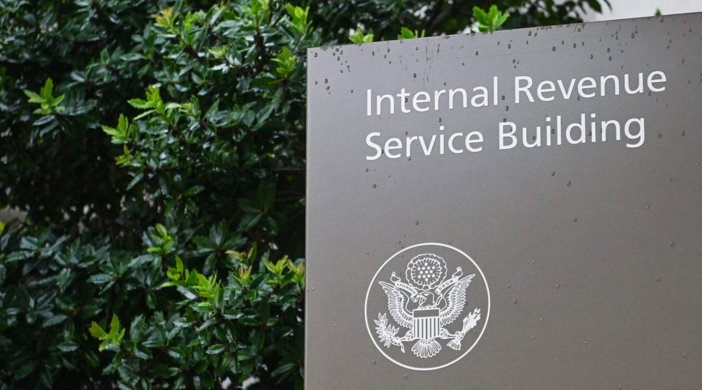
IRS Faces Lawsuit Over Free Speech Limits
Texas nonprofit Freedom Path sues IRS, alleging vague rules target conservative groups and silence political speech.
Landmark Legal Challenge Over IRS Rules
The Internal Revenue Service is facing a major legal challenge from Freedom Path, a Texas-based nonprofit that claims the agency’s rules unfairly restrict free speech by conservative organizations seeking tax-exempt status. The case, argued this week in a Washington, D.C. federal court, centers on the IRS’s use of a multifactor "facts and circumstances" test to determine whether an organization is too political to qualify as a social welfare group under Section 501(c)(4).
Freedom Path was founded in 2011 with a focus on repealing Obamacare and advocating for a balanced budget amendment. According to Lex Politica CEO Chris Gober, the group’s application for tax-exempt status was subject to a nine-year administrative process, including a demand by the IRS to disclose donor information. Gober recounted, “It was just a very, very odd request. And we basically told them to pound sand. It wasn't too long afterward that the Lois Lerner scandal came to life.”
In 2013, then-Acting Director of Exempt Organizations Lois Lerner publicly admitted the IRS had been placing extra scrutiny on right-leaning political groups, sparking national controversy. Lerner apologized, but Freedom Path and its legal counsel say the same tests and mechanisms are still being used today—enabling government bureaucrats to subjectively judge what qualifies as political campaign intervention versus issue advocacy.
Vagueness and Self-Censorship
The lawsuit specifically challenges the constitutionality of the IRS’s 11-factor “facts and circumstances” test. Freedom Path alleges the vague and subjective criteria force conservative organizations to self-censor to avoid the risk of being denied tax-exempt status or facing government retaliation. The group claims it was compelled to kill a television ad supporting Obamacare repeal because of legal uncertainty.
“It’s really no test at all,” Gober argued, “It’s so open-ended, broad and subjective that anybody, depending on what you want the result to be, you can get to that result using this test and that's our problem with it.” He cited previous Supreme Court rulings, like Citizens United, that struck down similar standards used by other agencies as unconstitutional. “We’re trying to effectively get the IRS to follow the same rules as the Federal Election Commission.”
Freedom Path maintains it is properly organized as a social welfare group and entitled to engage in constitutional free speech that does not cross into political campaign intervention. The case seeks to force the IRS to replace the current rules with new, clearer definitions that do not give government agents unchecked discretion.
If successful, the lawsuit could affect more than a million nonprofit organizations on both sides of the political spectrum, fundamentally altering the landscape of advocacy and political speech in the United States. “This isn't just about one organization — this is about whether unelected bureaucrats can use tax law to silence political speech they don't like. Every conservative group in America should be paying attention,” Gober said.
The IRS declined to comment on ongoing litigation. The case’s outcome will be closely watched by advocacy groups and legal scholars, with potentially sweeping implications for the future of nonprofit speech and federal oversight.






